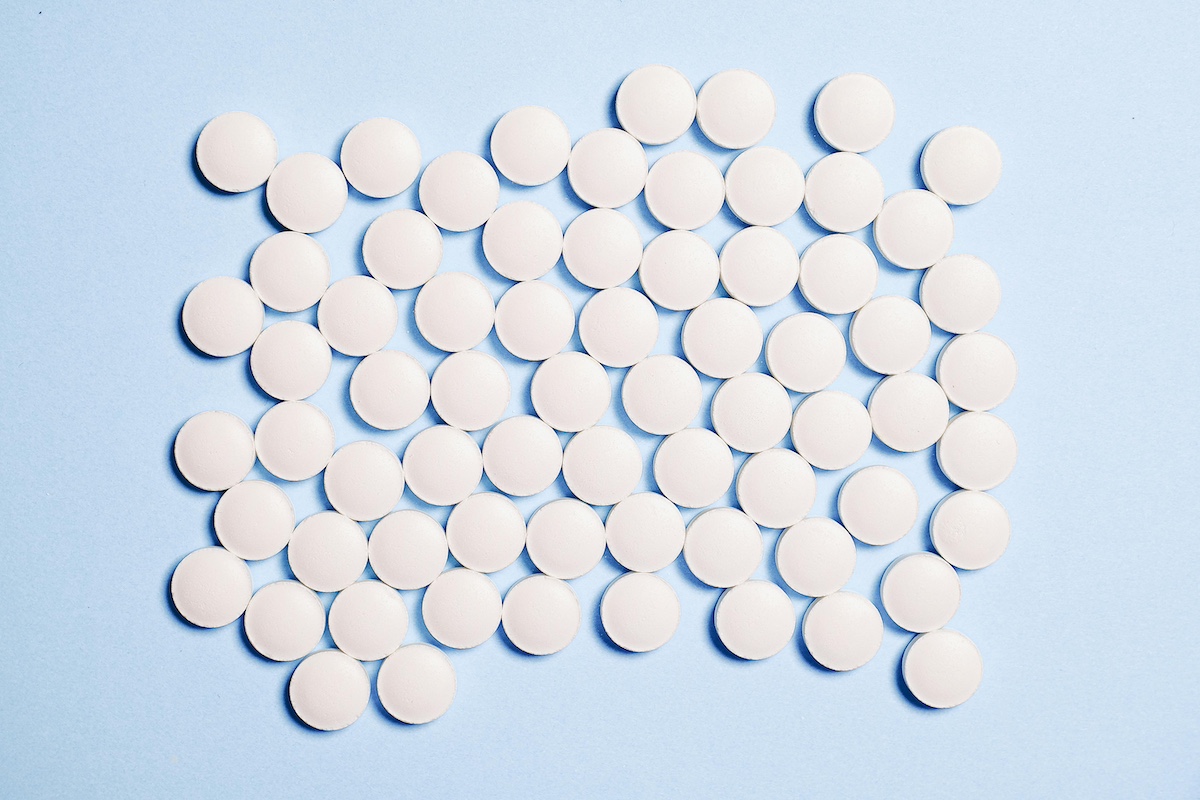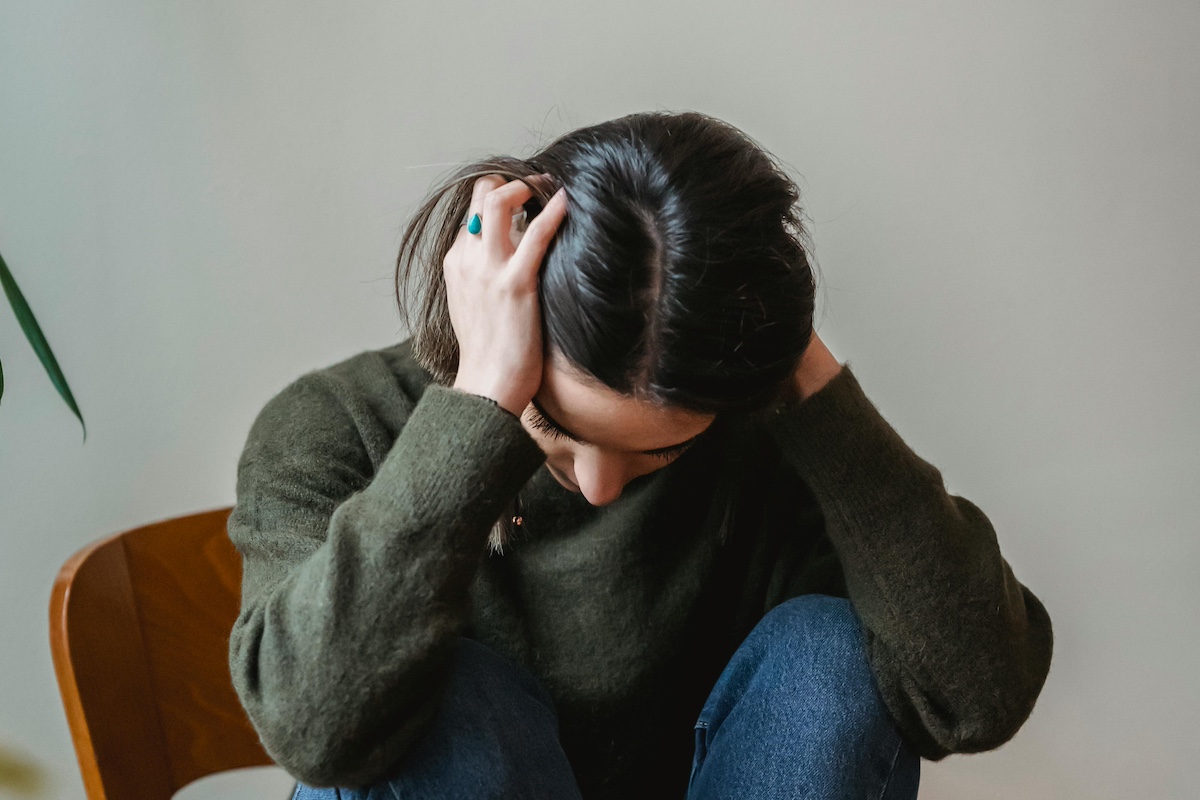I’m worried that my enjoyment of sex will decline in perimenopause and menopause. I’ve heard that a woman’s sex drive decreases and vaginal dryness increases. Are there things women can do as they enter perimenopause to maintain their interest and pleasure in sex?
—Hoping to keep it going
I think we can all agree that sex can be great fun and a key way we connect with our partners. So it makes sense to feel apprehensive about changes we might experience in our desire for and enjoyment of sex during perimenopause and beyond.
A satisfying sexual encounter is defined as having four components: desire for sex, also called libido; arousal or excitement; orgasm; and resolution. During the menopausal transition, women often report challenges with both desire for sex and arousal. Without desire and arousal, it is pretty difficult to progress to orgasm and resolution. About 12% of women report that changes in libido or excitement cause either personal distress or stress with their partner.
Our changing estrogen levels seem to have a big impact on both sexual desire and arousal. In a 1997 longitudinal study, researchers tracked several hormone levels in 400 women. They found that estrogen levels were correlated with both desire and arousal. As estrogen levels decreased, women reported lower libido and less pleasure from sexual encounters. Testosterone levels were not correlated with women’s reported desire or arousal.
So what can we do to continue a satisfying sex life through perimenopause and into menopause? Let’s start with arousal. The most common issue women report with arousal is vaginal dryness and atrophy of the wall of the vagina and skin of the vulva that can lead to pain with intercourse. Estrogen given both systemically as a patch, gel, or pill or as a ring, cream, or pill placed in the vagina does improve vaginal dryness.
For patients who need to avoid estrogen, especially women with certain types of breast cancer, non-hormonal treatments, like vaginal moisturizers such as Replens, have been shown to improve symptoms. And nearly anyone can use water-based lubricants available over the counter.
Managing decreased sexual desire may be a bit trickier. We don’t have as many evidence-based tools in our arsenal. There is some evidence that treating women’s perimenopausal symptoms, like hot flushes, night sweats, and vaginal dryness, can improve libido. There is also evidence that treatment with testosterone can improve libido in menopausal women.
The most important action you can take is to discuss your concerns. Your doctors, both your gynecologist and your primary care doctor, should be asking you about your sexual health at your regular checkups, but given the time constraints placed on many doctors these days, they may not. Don’t be afraid to speak up. And don’t forget to talk to your partner as well. Share your symptoms and discuss ways to be sure you are comfortable during sex. You should understand how shifts in both your and your partner’s hormones may be impacting your sexual desire. Hopefully your partner is just as invested as you are in maintaining a sex life that is enjoyable for you both.
Community Guidelines




















Log in
Young adult ER/PR positive breast cancer survivor here! Hormone modifying therapy (eg, ovarian suppression/aromatase inhibitor) will often kick you into chemically induced menopause, with associated reductions in sex drive, vaginal dryness/ atrophy. There are newer data suggesting that LOCAL estrogen replacement is safe in ER/PR positive breast cancer patients. Talk to your oncologist for the most recent updates there.
Here’s an example study: https://link.springer.com/content/pdf/10.1007/s10549-012-2198-y.pdf
Does the article liked above in favor of vaginal moisturizers actually find no benefit over placebo to those or estrogen? https://jamanetwork.com/journals/jamainternalmedicine/fullarticle/2674257
Same question, seems like the data suggests there isn’t an impact over the placebo.
Thank you for this! Do products like this help? https://hellobonafide.com/products/ristela